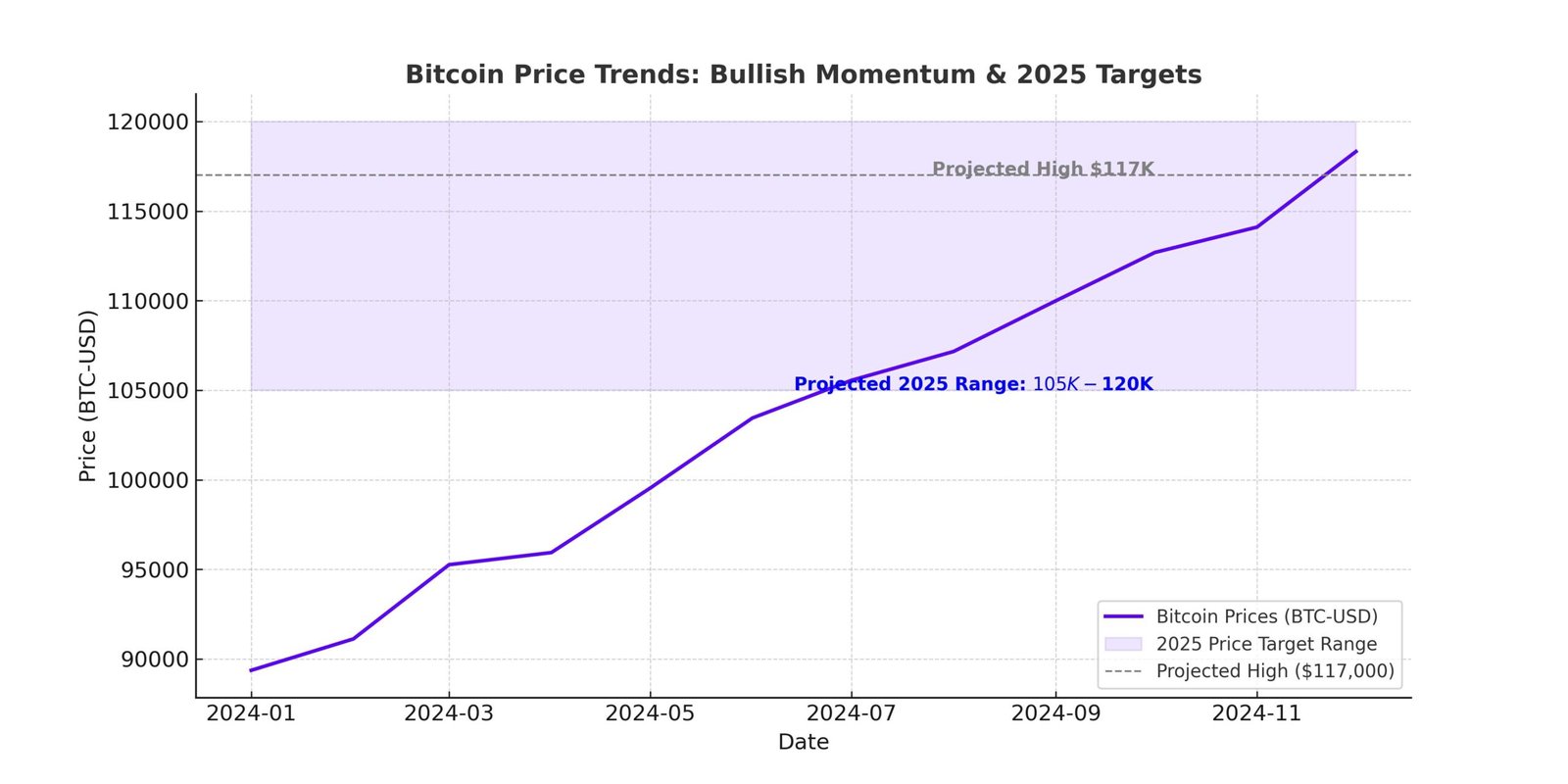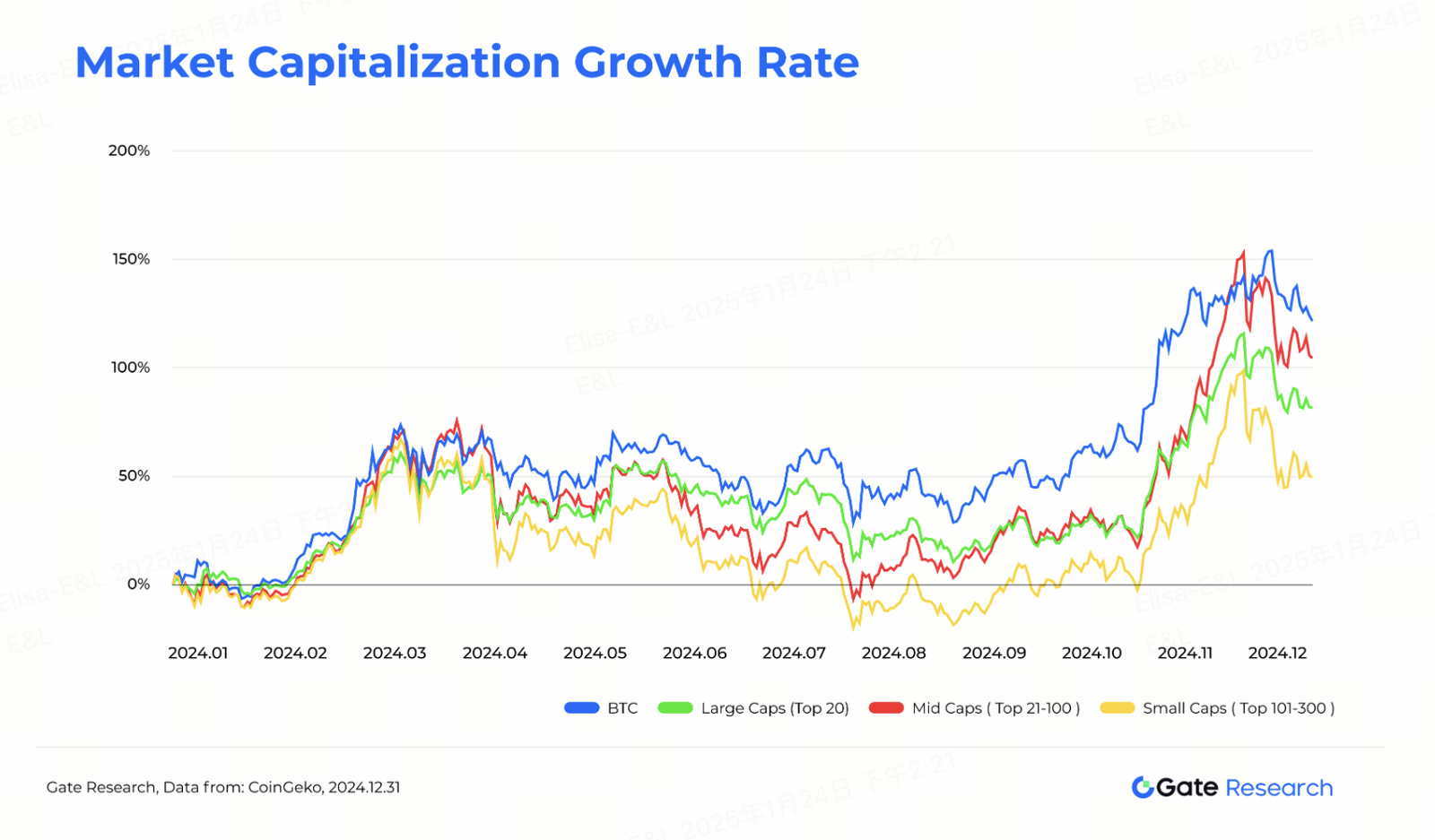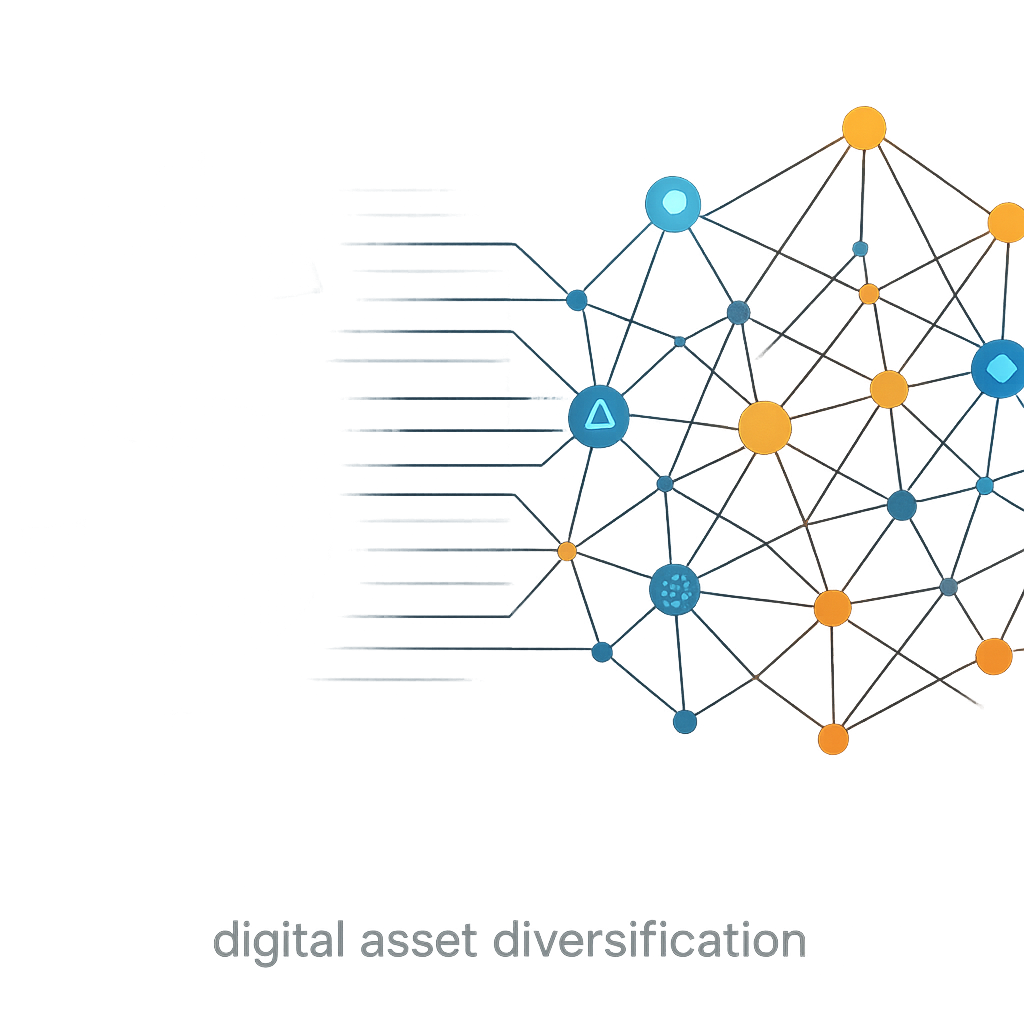The Most Popular Cryptocurrencies Today

Introduction to Cryptocurrency
nCryptocurrency represents a revolutionary form of digital or virtual currency that utilizes cryptography for security. Unlike traditional currencies issued by governments, cryptocurrencies are decentralized and based on blockchain technology—a distributed ledger that records all transactions across a network of computers. The pioneering cryptocurrency, Bitcoin, was introduced in 2009 by an anonymous entity known as Satoshi Nakamoto, signaling the inception of a new financial paradigm. Following Bitcoin’s success, numerous altcoins emerged, expanding the variety of digital assets available in the market.nnThe fundamental appeal of popular cryptocurrencies stems from their decentralized nature, which eliminates the need for intermediaries like banks. This financial autonomy enables individuals to engage in peer-to-peer transactions, fostering a new era of decentralized finance (DeFi). Within the DeFi ecosystem, users can lend, borrow, and earn interest on their cryptocurrency holdings without traditional financial institutions, often offering greater financial inclusivity and transparency.nnMoreover, the rapid advancement of blockchain technology has paved new avenues for innovation. Smart contracts, most notably utilized by the Ethereum network, allow developers to create decentralized applications (dApps) that run on blockchain infrastructure. This functionality has attracted a dynamicarray of projects, further stimulating the growth and adoption of altcoins. The rising popularity of cryptocurrencies can also be attributed to growing acceptance among investors and businesses, alongside increasingly favorable regulatory frameworks in various jurisdictions.nnIn summary, the evolution of cryptocurrencies from niche digital assets to prominent financial instruments underscores their significance in today’s economic landscape. As we proceed to delve deeper into specific cryptocurrencies like Bitcoin and Ethereum, it is essential to recognize the foundational role that these decentralized technologies play in transforming traditional financial systems.n
Top Cryptocurrencies by Market Capitalization
n nnThe cryptocurrency market is predominantly driven by a few major players recognized for their sizable market capitalization. At the forefront is Bitcoin, the first and most widely utilized cryptocurrency, which has established itself as a digital store of value. With its decentralized nature and robust security through blockchain technology, Bitcoin has garnered significant interest from both retail and institutional investors. This digital currency often leads discussions about popular cryptocurrencies, frequently serving as a benchmark against which other altcoins are measured.nnFollowing Bitcoin, Ethereum has emerged as a key competitor, distinguished by its smart contract functionality, which enables decentralized applications (dApps) to be built on its platform. Ethereum’s shift from a proof-of-work to a proof-of-stake consensus model also marked a significant transition in addressing energy consumption concerns, thereby enhancing its appeal to environmentally conscious investors. As a result, Ethereum has positioned itself not only as a competing cryptocurrency but also as a foundational layer for a myriad of decentralized finance (DeFi) solutions.nnOther notable altcoins include BNB, the native token of Binance, which has gained traction due to its utility within the Binance exchange ecosystem. Cardano and Solana are also worth mentioning, as both have sought to improve transaction speed and reduce costs while addressing scalability challenges that have affected older blockchain networks. Their growing user base and unique features reflect a diversification in the cryptocurrency landscape, drawing attention to various applications beyond monetary transactions. As investors continue to navigate these popular cryptocurrencies, trends indicate a rapidly evolving market where adaptability and innovation play crucial roles in sustaining growth. These developments exemplify how the leading cryptocurrencies are not merely investments but rather transformative technologies reshaping finance.n
nnThe cryptocurrency market is predominantly driven by a few major players recognized for their sizable market capitalization. At the forefront is Bitcoin, the first and most widely utilized cryptocurrency, which has established itself as a digital store of value. With its decentralized nature and robust security through blockchain technology, Bitcoin has garnered significant interest from both retail and institutional investors. This digital currency often leads discussions about popular cryptocurrencies, frequently serving as a benchmark against which other altcoins are measured.nnFollowing Bitcoin, Ethereum has emerged as a key competitor, distinguished by its smart contract functionality, which enables decentralized applications (dApps) to be built on its platform. Ethereum’s shift from a proof-of-work to a proof-of-stake consensus model also marked a significant transition in addressing energy consumption concerns, thereby enhancing its appeal to environmentally conscious investors. As a result, Ethereum has positioned itself not only as a competing cryptocurrency but also as a foundational layer for a myriad of decentralized finance (DeFi) solutions.nnOther notable altcoins include BNB, the native token of Binance, which has gained traction due to its utility within the Binance exchange ecosystem. Cardano and Solana are also worth mentioning, as both have sought to improve transaction speed and reduce costs while addressing scalability challenges that have affected older blockchain networks. Their growing user base and unique features reflect a diversification in the cryptocurrency landscape, drawing attention to various applications beyond monetary transactions. As investors continue to navigate these popular cryptocurrencies, trends indicate a rapidly evolving market where adaptability and innovation play crucial roles in sustaining growth. These developments exemplify how the leading cryptocurrencies are not merely investments but rather transformative technologies reshaping finance.n
Future Trends in Cryptocurrency
nThe field of cryptocurrency is rapidly evolving, with various trends and innovations emerging that promise to shape its future landscape. One of the most significant areas of growth is decentralized finance (DeFi), which aims to recreate traditional financial systems in a decentralized environment. DeFi platforms, often built on popular cryptocurrencies like Ethereum, enable users to lend, borrow, and trade assets without the need for intermediaries. This shift has potential implications for the financial sector, driving efficiencies and improving access to financial services across the globe.nnAnother notable trend is the rise of non-fungible tokens (NFTs). Unlike traditional cryptocurrencies that are interchangeable, NFTs represent unique assets and have gained significant traction in various sectors, including art, gaming, and real estate. The increasing acceptance of NFTs could lead to new business models and revenue streams for artists and creators, further integrating digital assets into everyday transactions. As popular cryptocurrencies continue to underpin these markets, their influence on cultural and economic paradigms may expand.nnAdditionally, the evolution of blockchain technologies is poised to enhance the scalability and interoperability of different systems. Scalability improvements address issues related to transaction speeds and network congestion, which have plagued older platforms. Projects focusing on Layer 2 solutions and sharding are gaining attention, promising to support a greater number of transactions without compromising on performance. Likewise, progress in blockchain interoperability is crucial for connecting disparate networks, enabling users to transact across multiple ecosystems seamlessly. This development is pivotal as it can foster collaboration among different cryptocurrencies and streamline the use of altcoins in real-world applications.nnAs we look ahead, prospective regulatory changes may also affect how cryptocurrencies are used and perceived. Governments around the world are starting to outline frameworks for digital currencies, which could enhance consumer protection and potentially stabilize the market. Addressing these emerging trends will be essential for investors and users looking to navigate the ever-evolving cryptocurrency landscape effectively. In conclusion, staying informed about advancements in DeFi, NFTs, blockchain scalability, and regulatory developments will be crucial for those involved in the cryptocurrency space in the years to come.







